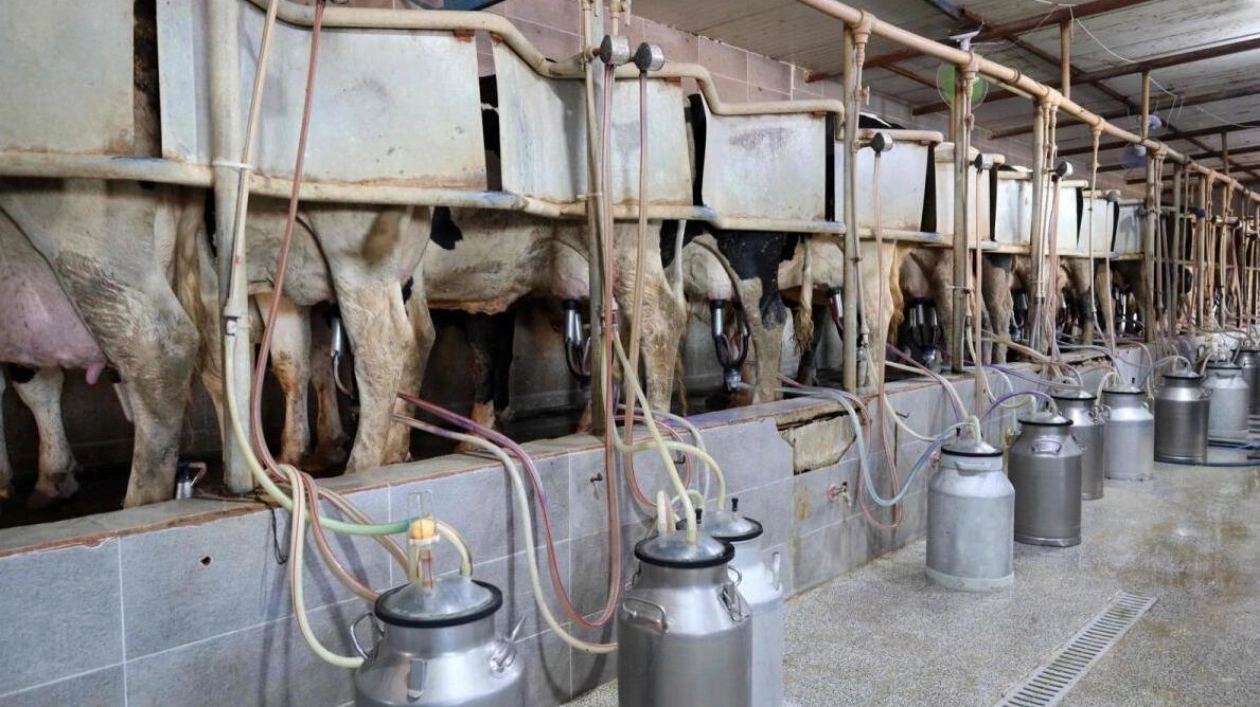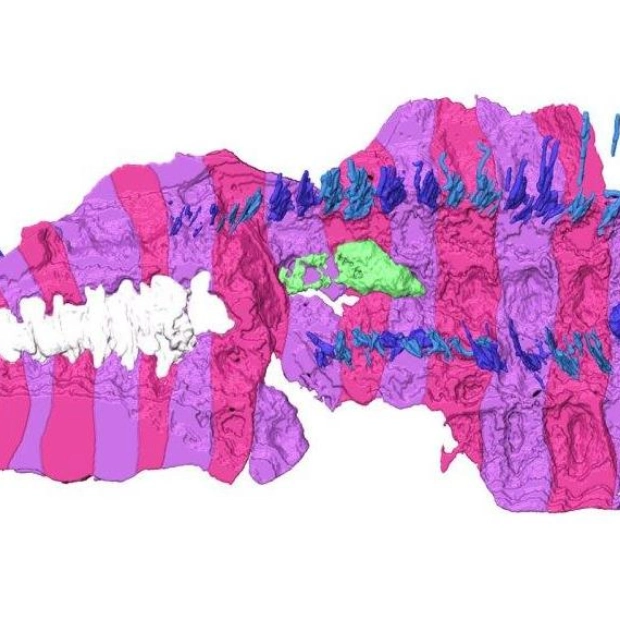On August 24, 2024, automatic milkers were seen at work on a dairy farm in Misrata, a western coastal city in Libya. However, on Najmeddine Tantoun's farm on the outskirts of Misrata, the usual hum of hundreds of dairy milking machines has been replaced by an eerie silence. The farmer has lost nearly half of his cows due to an outbreak of foot-and-mouth disease, a highly contagious illness that affects hoofed animals.
This outbreak has severely impacted many cattle farmers in Libya, who claim they have yet to receive vaccines for their animals, leading to a decline in dairy and meat production. Most of Libya's revenue is derived from its oil resources, but Misrata is a significant dairy hub that once produced 70,000 liters of milk daily. According to Salem al-Badri, 45, the head of the city's committee of cattle farmers, production has now plummeted to 20,000 liters per day.
Tantoun, 27, expressed his bleak outlook for the future, stating, "I almost lost everything. From 742 cows, we lost about 300. This disease is devastating our livelihoods." Foot-and-mouth disease particularly affects ruminant livestock such as cattle, sheep, and goats, causing fever, blisters, and sometimes death. In Misrata, some farmers have reported losing up to 70 percent of their cattle to the disease, according to Badri's committee.
Badri, who also heads the city's animal health office, described the situation as "heading towards a catastrophe." He added, "The delay in vaccines has cost us dearly. Most of the cows in Misrata are now infected, and we have no choice but to slaughter them to halt the epidemic." The disease has also led to financial strain for consumers, as shortages have driven up the prices of meat and dairy products.
Badri noted that another cattle ailment, lumpy skin disease, has further impacted the industry, with foreign buyers becoming wary of importing Libyan cowhide. Libya is still recovering from years of conflict following the 2011 uprising that toppled longtime dictator Moamer Kadhafi. The country remains divided between a United Nations-recognized government led by Prime Minister Abdulhamid Dbeibah and a rival authority in the east supported by military strongman Khalifa Haftar.
Cattle farmers blame the authorities for inadequate pre-emptive safety measures and a sluggish response during the outbreak, which delayed the delivery of vaccines to affected regions. Badri said, "If the vaccines had been delivered last November, we would not be in this situation." He has repeatedly asked the authorities to provide the necessary vaccines to save the farms. When contacted by AFP, the authorities in Tripoli did not respond.
Both eastern and western authorities have implemented emergency vaccination plans with support from the UN Food and Agriculture Organization, but some farmers claim the response often came too late. Badri mentioned that a group of cattle farmers has filed a lawsuit with the attorney general. The agriculture ministry has identified the illegal importation of animals without veterinary control as one of the main causes of disease spread. Additionally, contamination spreads uncontrollably as cases are not reported to local authorities promptly, and some cattle deaths might go unreported.
Tantoun emphasized, "We depend entirely on these animals for our livelihood. Losing so many cows is an economic catastrophe." He urged the authorities in Misrata to not only provide the necessary vaccines but also compensate cattle farmers whose cows have been affected by the disease. Farmer Ali Ghabag, 40, has abandoned cattle farming due to fears about the future. He said, "Nobody wants to continue in this sector anymore. The risks have become too great, and we don't know if we will overcome this crisis."
Source link: https://www.khaleejtimes.com






